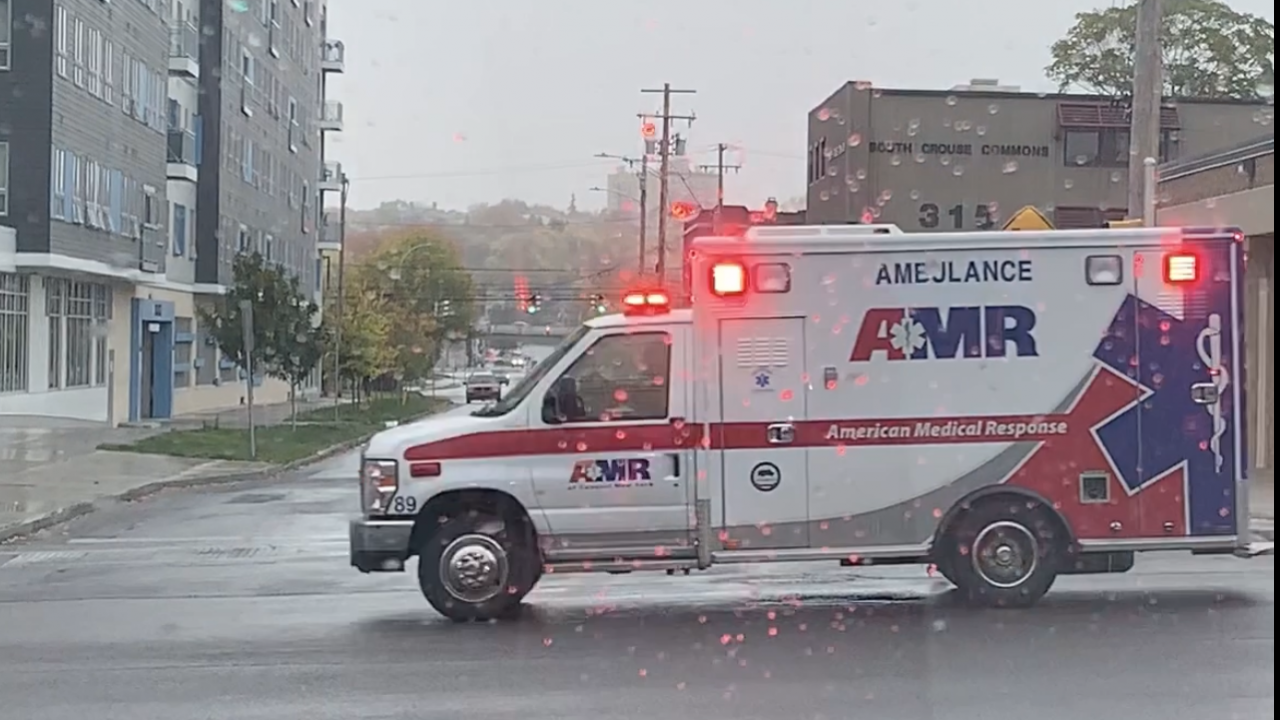
SYRACUSE, N.Y. (NCC NEWS) Fatal opioid overdoses in Onondaga are well above where they were this time last year.
Data released by the Onondaga County Health Department this week shows 86 fatal overdoses for the first two quarters of 2020.
Self-isolation, financial hardship, and the pause of in-person support services are just a few factors that may be contributing.
Mariah Reilly and the Onondaga Health Department say it’s a bit too early to make conclusions, however there is one commonality.
“Many of the overdose deaths that occurred in that first quarter were related to Fentanyl,” says Reilly.
Fentanyl, a deadly synthetic opioid and roughly 100 times more potent than morphine, is prevailing on the streets of Syracuse- a prominent city in the drug supply chain due to its highways and interstates.
With COVID-19 closing many borders and limiting state travel, the drug supply chain has seen a disruption.
“There’s been disruption in the drug supply as a result of COVID. That means supplies diminish or dealers are forced to lace the drugs with other components,” says Alexandra Punch, Associate Director at the Learner Center for Public Health.
In addition to rising Fentanyl on the streets, COVID-19 has had a significant impact on those who have been going through the recovery process, especially those in the early stages.
Ken Bartolo started the non-profit “There and Back Inc.” eight years ago after a 24-year on-and-off battle with addiction.
Bartolo explains that social isolation can be difficult for anyone, especially those struggling with dependency and mental health.
“All human beings want to feel they’re a part of something,” says Bartolo.
The former standout lacrosse star, who first came across pain killers after a back injury in high school, has spoken to over 250,000 students and athletes nationwide and has conducted over 400 presentations about his moving journey.
Bartolo has been offering virtual motivation via social media but says in-person support, like group sessions, play a pivotal role in the recovery process, especially in his.
“I wouldn’t be sober if it weren’t for the 12-step room”
Given the challenges in the era of COVID-19, he says it is critical to speak about what you’re going through, whether it be a struggle with dependency or mental health. And also of course, to stay optimistic.
“It’s a recoverable disease,” added Bartolo.
A recoverable disease in which he is a living example of.




